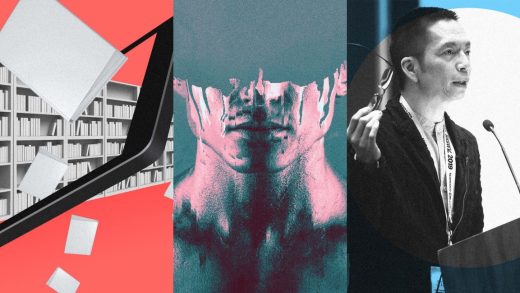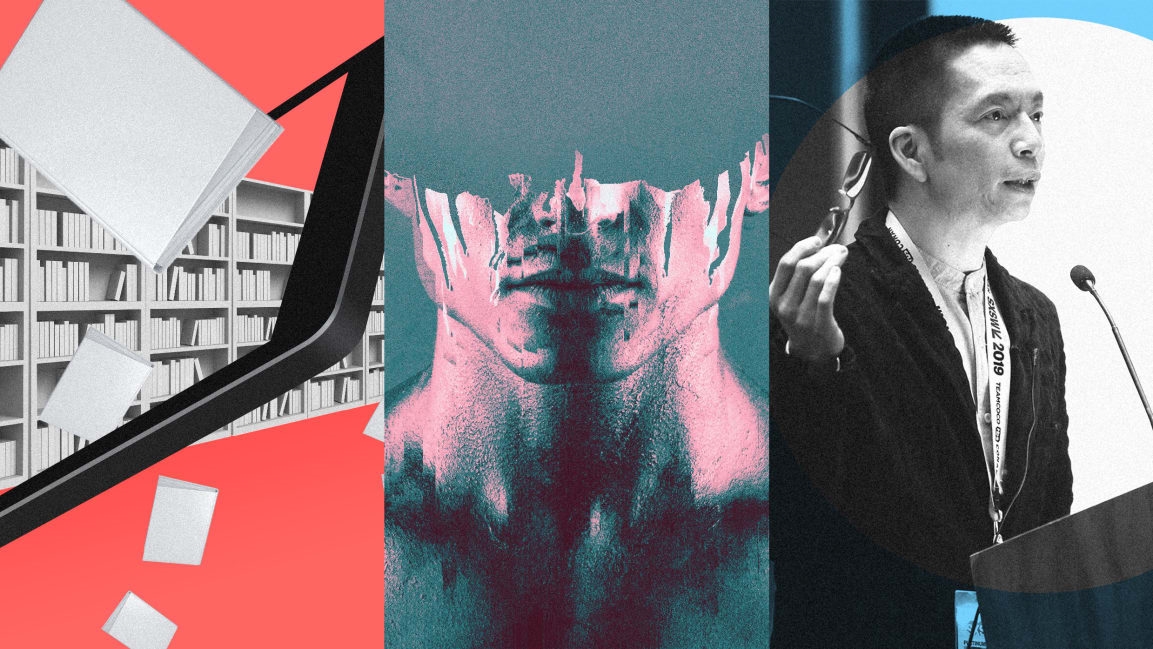Where is design is going in 2020? Here are 7 essential reads
By Co.Design Staff
How do you dismantle the structural inequality designed into cities? Is it time to reassess the role of designers within the business world? What does design at Apple look like without Jony Ive? This past year was one in which designers in fashion, tech, urbanism, and other industries grappled with questions about agency, responsibility, and purpose. As we head into 2020, these must-read stories chart a course into the next year.

Apple built a $1 trillion empire on two metaphors. One is breaking
In this essay adapted from his new book, founding Co.Design editor Cliff Kuang looks at the history of metaphors in computing—and hints at the way they’ve broken down over the past decade. The task now, he argues, is to find the next great metaphor for how smartphones work. “When someone finds it, our digital lives will evolve,” he writes.
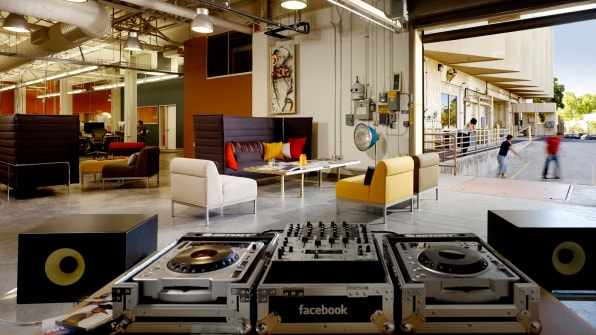
Is designing for Instagram hurting design?
Verda Alexander, founder of the San Francisco-based design practice Studio O+A, ponders a question many Instagram users have found themselves asking: Is this app changing the way I live—or in this case, the way I design? In this essay, Alexander talks about the way apps like Instagram and Pinterest have reshaped the goals of architects and designers, and what moving beyond the ‘grammable paradigm might look like: “Perhaps it’s time to turn off the flood of imagery and trust our instincts.”

Blight is eating American cities. Here’s how Mobile, Alabama, stopped it
In this long read, New America fellow Hana Schank follows a small team of policymakers and locals as they fight to reverse long decades of racist urban planning and the economic inequality and blight that has hollowed out some areas of Mobile. It’s a harrowing and heartening story about, as Schank writes, “how cities can do good things for their residents, and how people can work across the city to unravel knotty problems that are centuries in the making.”
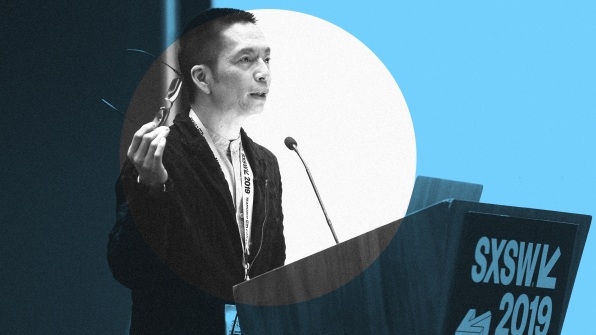
“In reality, design is not that important”
One of the Co.Design stories that stirred the most debate in 2019 was this story about John Maeda—at the time, head of inclusion and computational design at Automattic, now chief experience officer at Publicis Sapient—and comments in his annual Design in Tech report. In particular, this line proved controversial and thought-provoking: “I have friends at all the companies and I kept hearing about ‘design-led’ and all that and it got me excited. I was pushing for it,” Maeda wrote. “Years later now, I’m in a phase where I realize that [advocacy] was really important, but in reality, design is not that important.” Katharine Schwab talked to the designer about where design is heading here.

The race to commercialize DeepFakes’s powerful, internet-breaking AI
If there was one technology that had a breakout year in 2019, it was DeepFakes—the machine learning software, originally posted to Reddit at the end of 2018, that lets anyone create realistic fake images and videos. This year, as Mark Wilson reported, startups competed to commercialize the disruptive software, while watchdogs and politicians sounded the alarm about DeepFakes’ potential power as a tool for harassment and misinformation. As we head into an election year, you can bet we’ll be hearing a lot more about this tech—and the companies trying to turn it into a business.
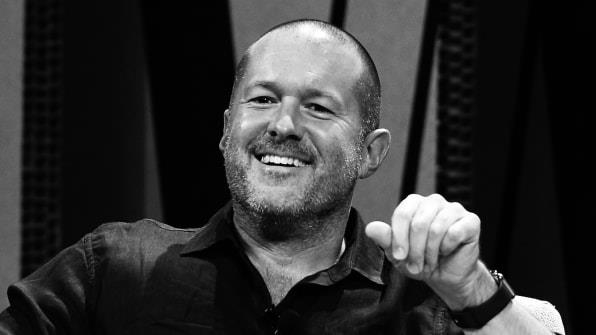
The year Jony Ive left Apple for good
Perhaps the biggest name in design, longtime Apple leader Jony Ive stepped down from his role in July. Suzanne LaBarre talked to three former Apple employees—Don Norman, Ken Kocienda, and Imran Chaudhri—about what his departure means for Cupertino, tech, and design in general.
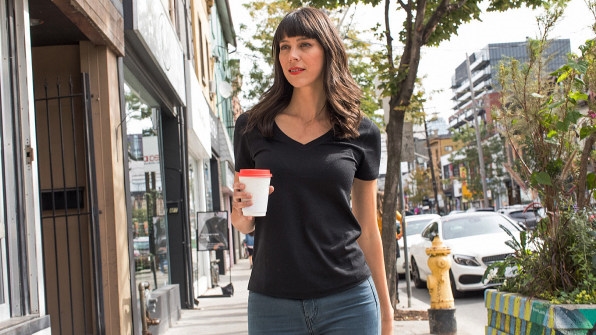
The next big thing in fashion? Not washing your clothes
It’s hard to talk about fashion in 2019 without talking about the reckoning that took place over its massive environmental footprint. From incinerating unsold clothes to the complexities of recycled plastic, designers grappled with the future of an industry with an environmental footprint larger than the airline industry. Perhaps the most fascinating evolution came from designers and companies trying to design clothes that can be worn repeatedly—even for months—without washing. Can design convince the world to stop washing its clothes so often?
(34)

